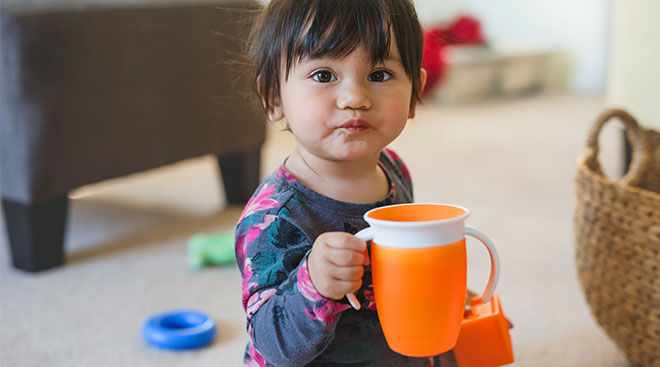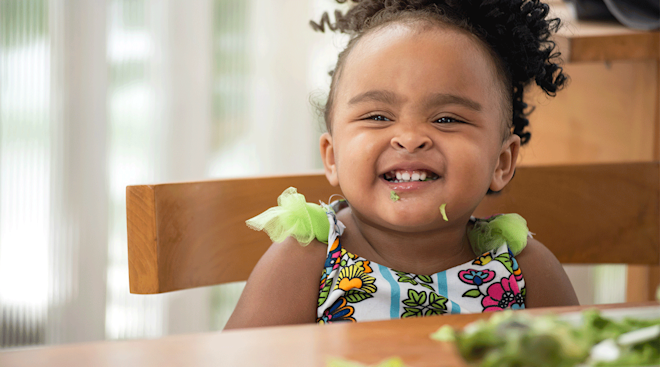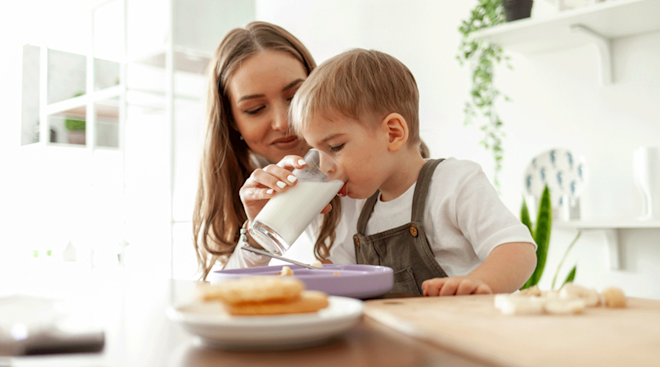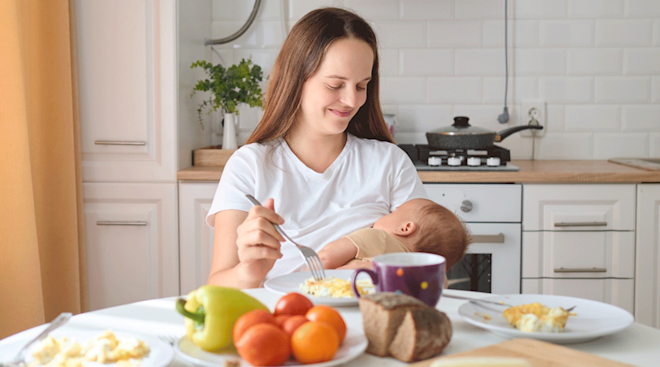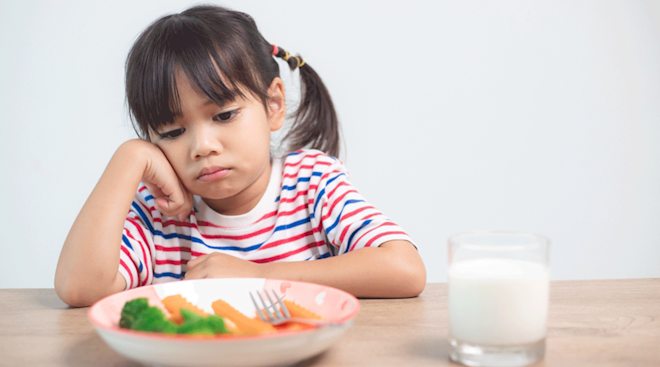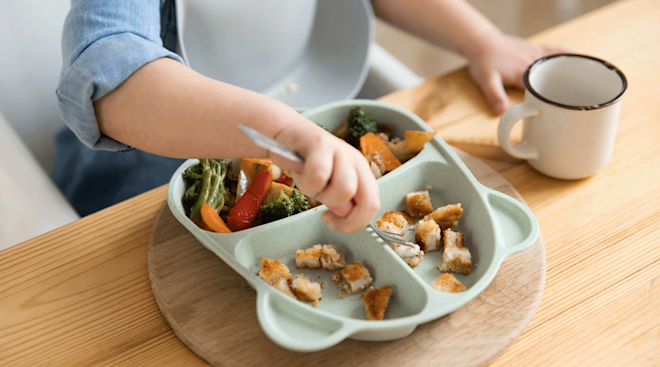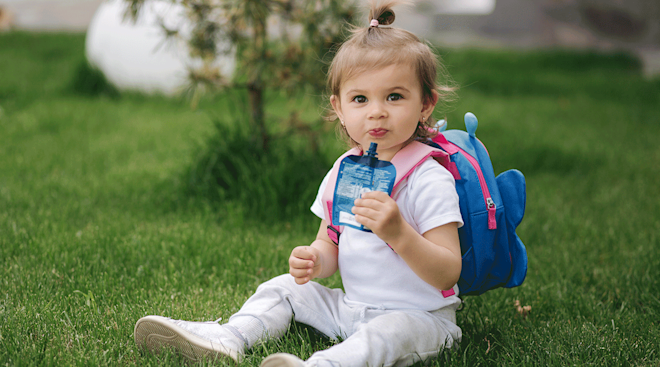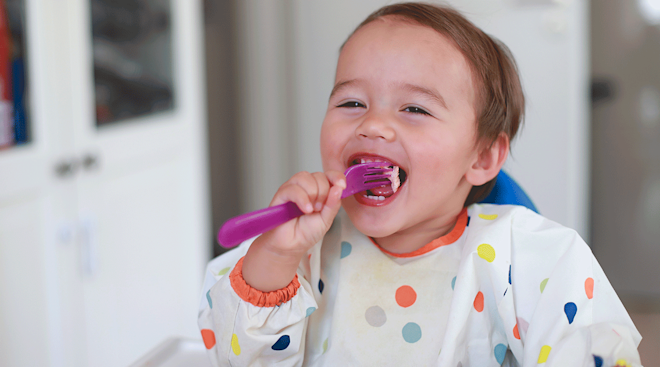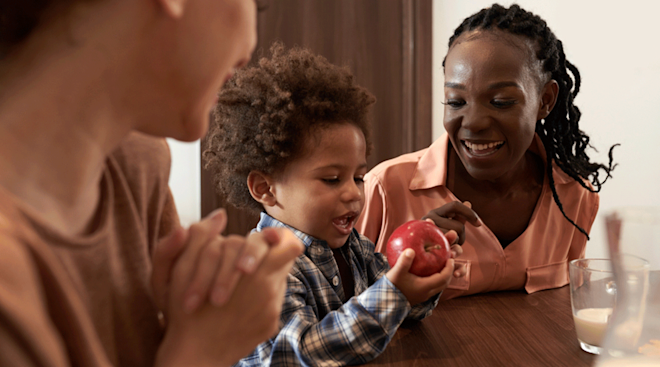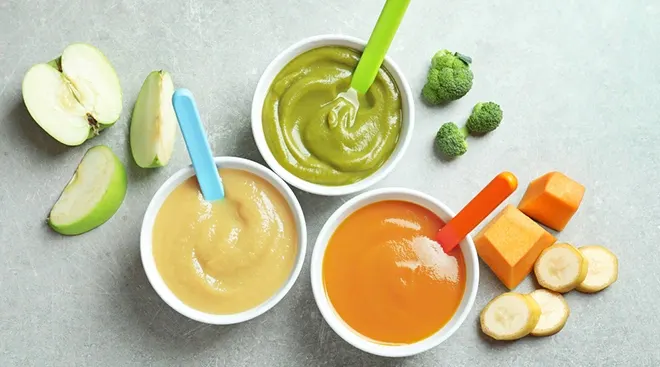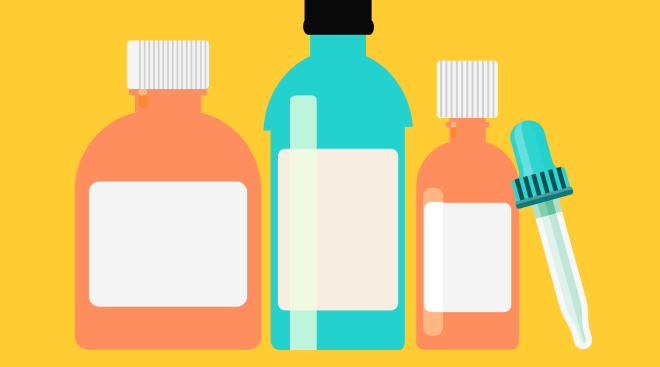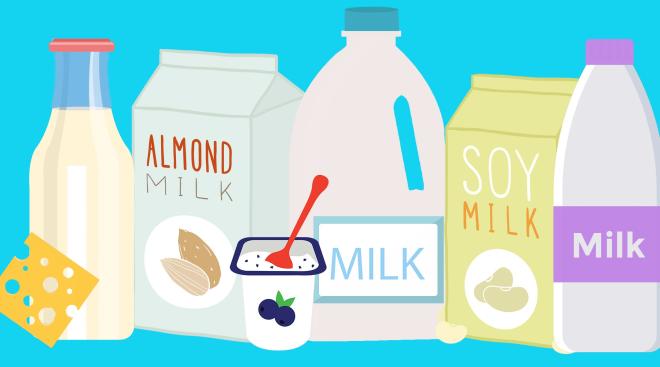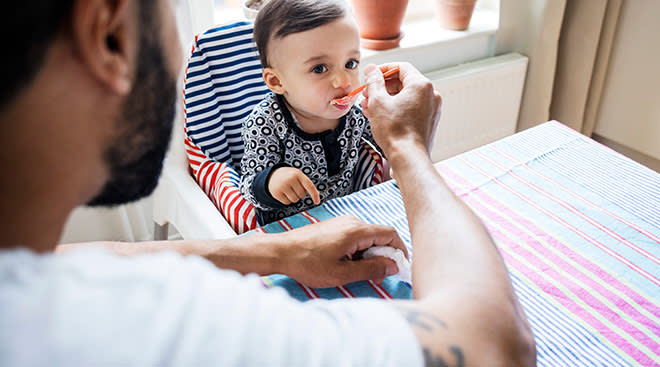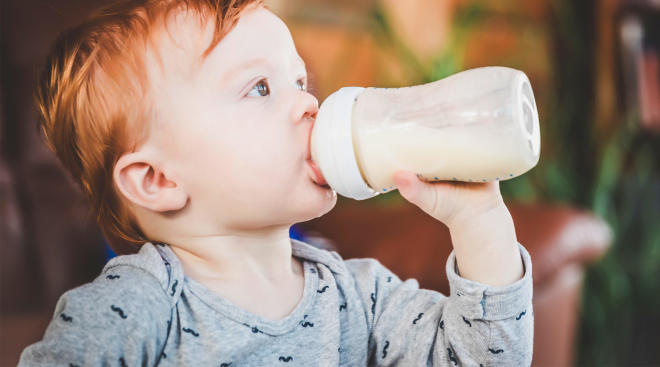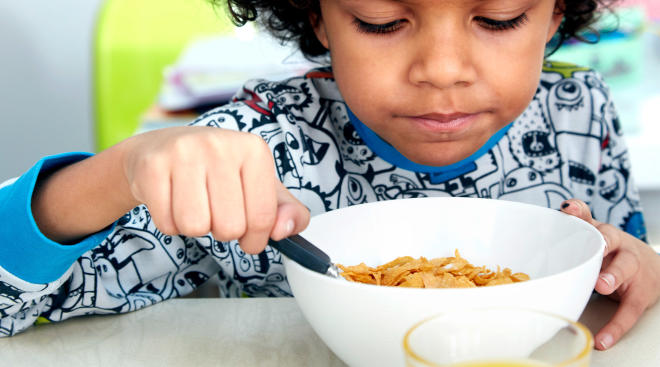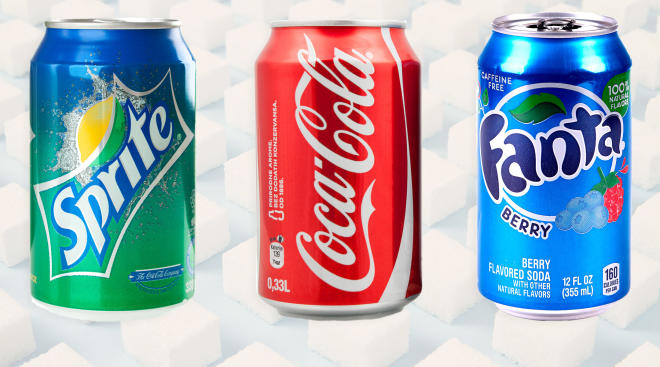Preschoolers Who Drink 100% Fruit Juice May Have Healthier Diets as Adults
The consumption of fruit juice for young children has long remained controversial. In 2017, the American Academy of Pediatrics (AAP), updated their guidelines on fruit juice for the first time in 16 years. The new guidelines state that, overall, small amounts of the drink in moderation is fine for older kids, but it’s not a good substitute for fresh fruit. Now, however, one study is saying that the consumption of 100% fresh fruit juice in the preschool years may lead to a healthier diet later on.
The study, conducted by researchers from Boston University and published online at BMC Nutrition, looked at data from 100 children enrolled in the Framingham Children’s Study at 3–6 years of age and subsequently followed them for 10 years afterward. The researchers collected data annually from families, which consisted of multiple sets of 3-day diet records of the kids. They also tracked the kids’ height and weight through the years.
The study found that preschoolers who consumed 100 percent fruit juice were associated with higher intakes of whole fruit and had better diet quality through childhood and into adolescence. Preschoolers who consumed more fruit juice (one cup or more a day) in the early years of childhood in this study also consumed more whole fruit at the same time and continued to consume more whole fruit into adolescence. On the other hand, preschoolers who consumed less than half a cup of 100 percent fruit juice as preschoolers, were more likely to not consume whole fruit later on. The researchers also didn’t find an association between fruit juice consumption and BMI change throughout childhood.
“The current results suggest that the nutritional benefits of moderate intakes of fruit juice (above current recommendations) during early childhood are not accompanied by excessive weight gain. Therefore, these results provide no support for the recommendation to eliminate 100% fruit juice from federal child nutrition programs,” the study states. “These findings are consistent with and extend the results of previous cross-sectional studies of the association between 100% fruit juice consumption and diet quality.”
The study, in contradicting the AAP guidelines, questions whether there may be a gap in evidence. However, according to pediatrician Dina DiMaggio, MD, parents are better off following AAP guidelines until there is more information. “This is interesting data, albeit it is one small study, in favor of giving children fruit juice. The AAP states that fruit juice contains empty calories, can lead to obesity and can also cause cavities, which makes sense,” she tells The Bump. “I think most pediatricians will still recommend fruit juice in limited amounts until further research is done.”
Please note: The Bump and the materials and information it contains are not intended to, and do not constitute, medical or other health advice or diagnosis and should not be used as such. You should always consult with a qualified physician or health professional about your specific circumstances.
Navigate forward to interact with the calendar and select a date. Press the question mark key to get the keyboard shortcuts for changing dates.

































